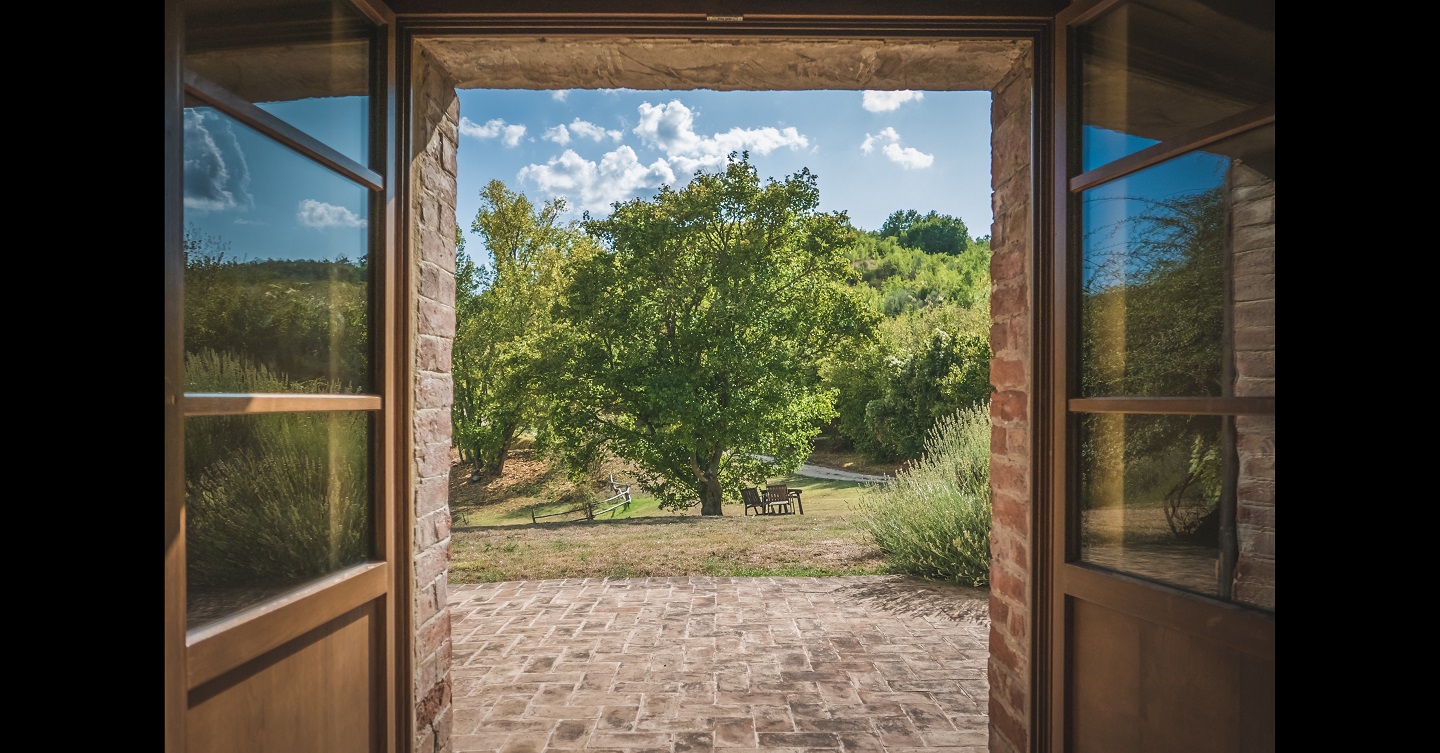
And then there is a new door — and because I am who I am, I am walking through it.
You imagine, you plan, you learn, you work hard, you succeed, you stumble, you build networks, you catch a lucky break. You weigh pros and cons. You make lists. You feel all the feelings, and you manage the uncertainty and the anxiety. And then, you walk through the door that’s open.
You flip a coin to decide where to go to college. You choose to study abroad in Vietnam instead of Europe. You apply for grad school thinking you’ll study Cold War military assistance in Latin America and you end up writing your dissertation about chaplains in the Vietnam War because you found a document that was interesting. You get a job offer on Thursday afternoon, and drive from North Carolina to New York to report for your first day of work at West Point in the History Department on Monday morning. You learn how to be around the Army, but not in it. You move to Alabama, then to Pennsylvania for new jobs and new opportunities. You dye your hair pink (then blue, then purple…the purple sticks). You teach students who have experiences vastly different from your own. You adopt a cat when a colleague brings him to your door. You advise student research projects that have a hard time finding faculty sponsors. You write to figure out puzzles and to say things you think are important. When Andrew Hill comes to your office door and asks if you want to start a podcast, you say yes. A couple years later when he asks you to be the next Editor-in-Chief of WAR ROOM, you do that, too.
And then there is a new door — and because I am who I am, I am walking through it. This door takes me to a new job with the Department of State, so it leads me away from professional military education (PME), away from the U.S. Army War College, and away from WAR ROOM.
And walking through the door means this is my valedictory note as Editor-in-Chief. As such, it’s more reflective, more personal than our usual content. I hope that WAR ROOM readers will appreciate this sentiment as the excitement, doubt, and uncertainty of transitions are universal and acknowledging this every now and then is a good thing for us all. If I am wrong, I trust those readers will at least forgive this small departure.
Walking through open doors also gives you the opportunity to look at where you’ve been. Perhaps that’s also the historian in me. I know as I look at my time at the Army War College that WAR ROOM is one of the things I’m proudest of. I have such vivid memories of those early editorial meetings, and I am kind of in awe of what we have done. More than 375 articles, 320 podcasts, almost 600 contributors, thriving social media accounts, a robust volunteer editorial staff, a full-time managing editor. Our articles and podcasts are used in classrooms around PME and civilian academia. We know they sometimes find their way to policymakers’ desks. We have a reputation for friendly and responsive and supportive editing. We have published pieces that put forward big ideas and take the long view, and some that put forward small and immediately impactful ones. We’ve not always made everyone happy.
Editing is hard work, and if we do it well, it’s almost invisible.
So much credit for this goes to the editorial team at WAR ROOM. As I said in my introductory essay as Editor-in-Chief, WAR ROOM is a labor of love. That remains as true now as it was then. Editing is hard work, and if we do it well, it’s almost invisible. I want to take this opportunity to make it visible and to say a very public thank you to the team. We have a team of editors who work with great care to preserve authors’ individual voices even as we help them refine ideas, hone arguments, and sharpen prose. Senior Editors Tom Galvin and Mary Foster take on an enormous workload and have shepherded so many pieces from submission to successful publication. Associate editors Tom Bruscino, Amanda Cronkhite, John Klug, and Leon Perkowski provide expert feedback and a sharp editorial eye. They read and respond with a balance of rigor and care that I think is unmatched. Ron Granieri, our podcast editor, spends hours preparing for podcasts — reading books and articles and thinking about how to make our guests and their ideas shine. I am so often in awe of how much I can learn in a 30-minute conversation. And then, of course, there is Buck Haberichter, our Managing Editor. I don’t actually have adequate words to express my gratitude that he has been a collaborator, partner, and co-conspirator with me over the last few years. Buck schedules and handles all the tech and editing for our podcast; writes website and social media copy, maintains our correspondence, tracks submissions, finds graphics, and a million other things. If the EIC’s job is “that vision thing,” then the managing editor is the one who keeps the wheels from coming off. I am thankful to have done this work with this team. You couldn’t ask for better.
Walking through open doors means rarely being still or content with the status quo. But it also means letting go and leaving some things behind—and this is a bittersweet farewell, for sure. Walking through open doors means building new things, then passing them on, so they continue to grow and flourish under new leadership, new vision, and new direction.
It is my distinct honor to announce that my friend and colleague (going back to those early adventures in grad school and in the USMA Department of History) JP Clark will be taking the helm, as of today, as the WAR ROOM Editor-in-Chief. Even though he went to that school-down-the-road that shall not be named (Go Tar Heels!), JP is a model writer, editor, scholar, teacher, strategist, and officer. He is a USAWC graduate, an Army Strategist, and has recently re-joined the faculty after a recent stint at the Pentagon. He will be WAR ROOM’s first active-duty Editor-in-Chief, and I believe this will bring a valuable new perspective and different networks than either Andrew or I brought to the job. WAR ROOM has always been, and will continue to be, about ideas — about sharing them, refining them, debating them. With JP at the editorial helm, this endeavor is in good hands.
WAR ROOM will continue to evolve, and I hope it opens doors for many others to walk through. When you have ideas, WAR ROOM wants to help you get them out there in the world. I can’t wait to see what the future holds.
Dr. Jacqueline Whitt is the Director of the Organizational Learning Unit in the Office of Policy, Planning, and Resources for the Under Secretary of Public Diplomacy and Public Affairs at the U.S. Department of State. She was the second Editor-In-Chief of WAR ROOM and remains an associate editor on the team. Follow her on Twitter @notabattlechick.
The views expressed in this presentation are those of the speakers and do not necessarily reflect those of the U.S. Army War College, U.S. Army, Department of Defense or Department of State.
Photo Credit: Photo by Mauricio Artieda





Simply stated, our lost the State Department’s gain. Thank you for sharing your time and immense talents with us!
A very heart felt fair well by “JW” . War Room will miss her.
Thank you for such a formidable work that will go into history. Listening to you on a few occasions has allowed me to keep faith in the effort being made in the US to develop an ethical and impeccable military education. An exemplary model for other nations that reviews of itself and rectifies itself. Surely those seeds you planted remain and can continue to reproduce. You have a great team.
Thanks also for that metaphor of open doors and its implications for the exercise of freedom. Best wishes for the future. Open doors sometimes close behind, surely this is not the case for you, but someone with your intensity and capacity need to open others for the progress of you and those around you. You are needed and will do great in the State Department. Congratulations!